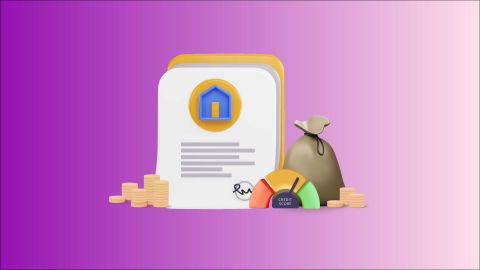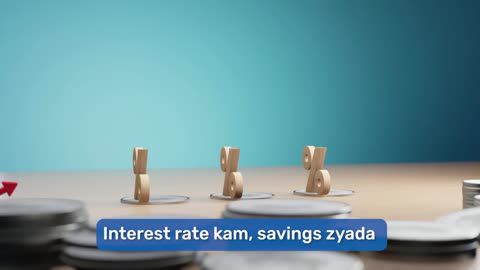Buying a dream home is a cherished goal for most people. But, with the skyrocketing property prices, many people find it difficult to finance their dream home with their savings. That is when a house building loan comes to their rescue. However, before you apply for a home loan, understanding the interest rate is crucial. In this article, we will guide you through the house building loan interest rate and other important details.
What is the house building loan interest rate?
The house building loan interest rate is the cost of borrowing money from a bank or a financial institution to construct or purchase a house. The loan interest rate varies from lender to lender and depends on factors such as the borrower's credit score, loan amount, loan tenure, and the current market scenario.
How is the interest rate applied on house building loan?
There are two primary types of interest rates: Fixed and Floating.
Fixed interest rate: A fixed interest rate remains the same throughout the loan tenure, regardless of the changes in the market scenario. It provides a sense of security for the borrower, as there will be no surprises in terms of interest payments.
Floating interest rate: A floating interest rate is subject to changes depending on the fluctuations in the market scenario, as it is linked to the benchmark rate. It offers flexibility in terms of repayment, as it allows the borrower to prepay the loan, reduce the interest outgo, and save on the interest payment.
Ways to reduce your house building loan interest rates
The interest rate plays a crucial role in determining the loan affordability and the total cost of the loan. Here are some ways to reduce your house building loan interest rates:
- Improve your credit score: A good credit score is crucial to get a lower interest rate on a home loan. So, ensure that you maintain a good credit history and timely repayments of your existing loans.
- Negotiate with the lender: It is always better to negotiate the loan interest rate with the lender. Banks and financial institutions may be willing to offer a lower rate of interest to attract new customers.
- Go for a shorter repayment tenure: Shorter tenure leads to a higher EMI, but comes with the benefit of a lower interest rate. Choosing a shorter tenure will help you save on the interest costs and pay off your loan faster.
Features and benefits of house building loan
If you are planning to build your dream home, a house building loan is a perfect option to finance your project. Here are some features and benefits of a house building loan:
- High loan amount: Banks and financial institutions offer a high loan amount to construct a house, which covers the costs of materials, labour, and other expenses.
- Attractive interest rates: Banks and financial institutions offer attractive interest rates on housing loans, which make it easier for borrowers to finance their dream home.
- Flexible repayment options: Banks and financial institutions offer flexible repayment options, depending on the borrower's needs and income. They can choose from fixed or floating rates and opt for a longer or shorter tenure.
- Tax benefits: Borrowers can claim a tax deduction on the principal amount as stated by Income Tax Act.
Understanding the house building loan interest rate is crucial before you apply for a home loan. Besides, improving your credit score, negotiating with the lender, and opting for a shorter tenure are some ways to reduce your interest rates. Features such as attractive interest rates, tax benefits, and flexible repayment options make house building loans an excellent financing option for those who aspire to build their own home.




